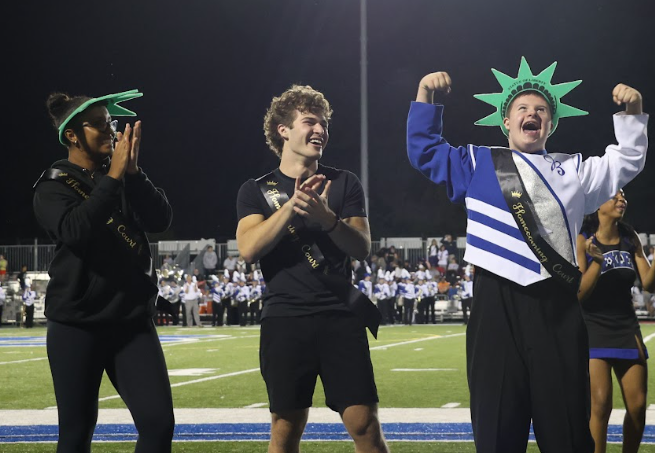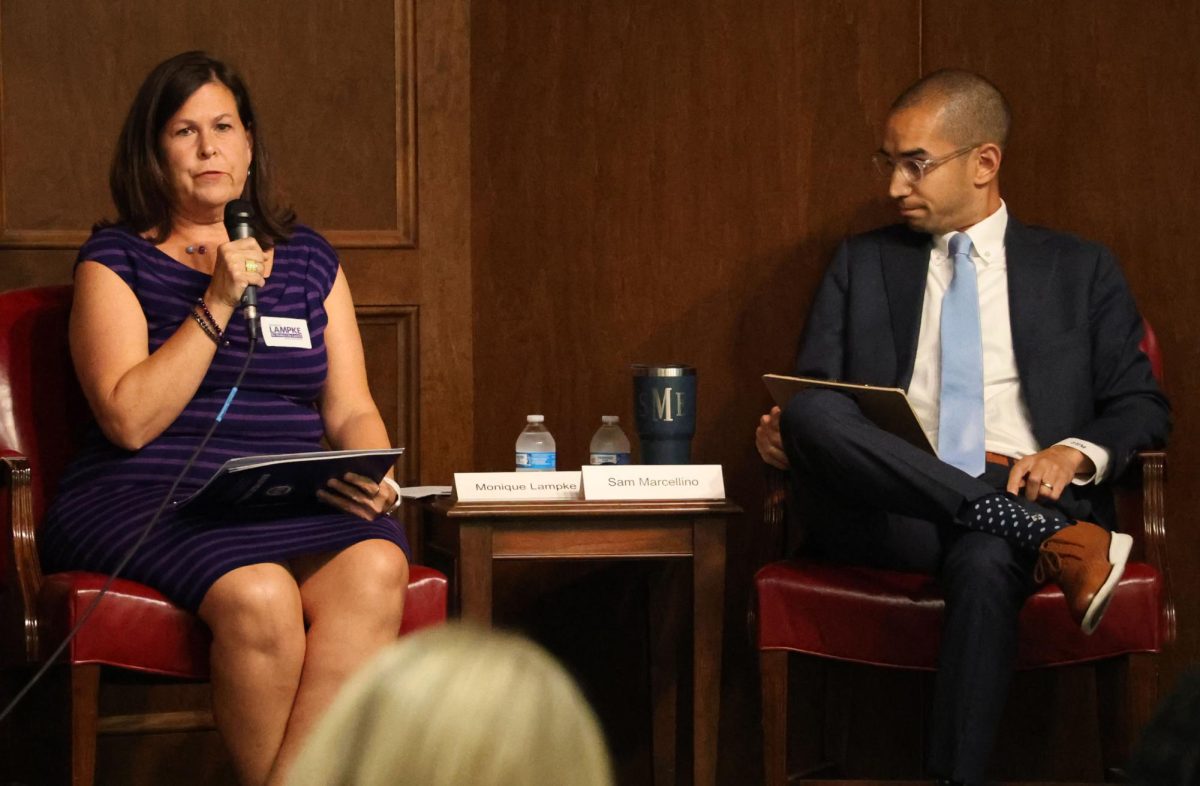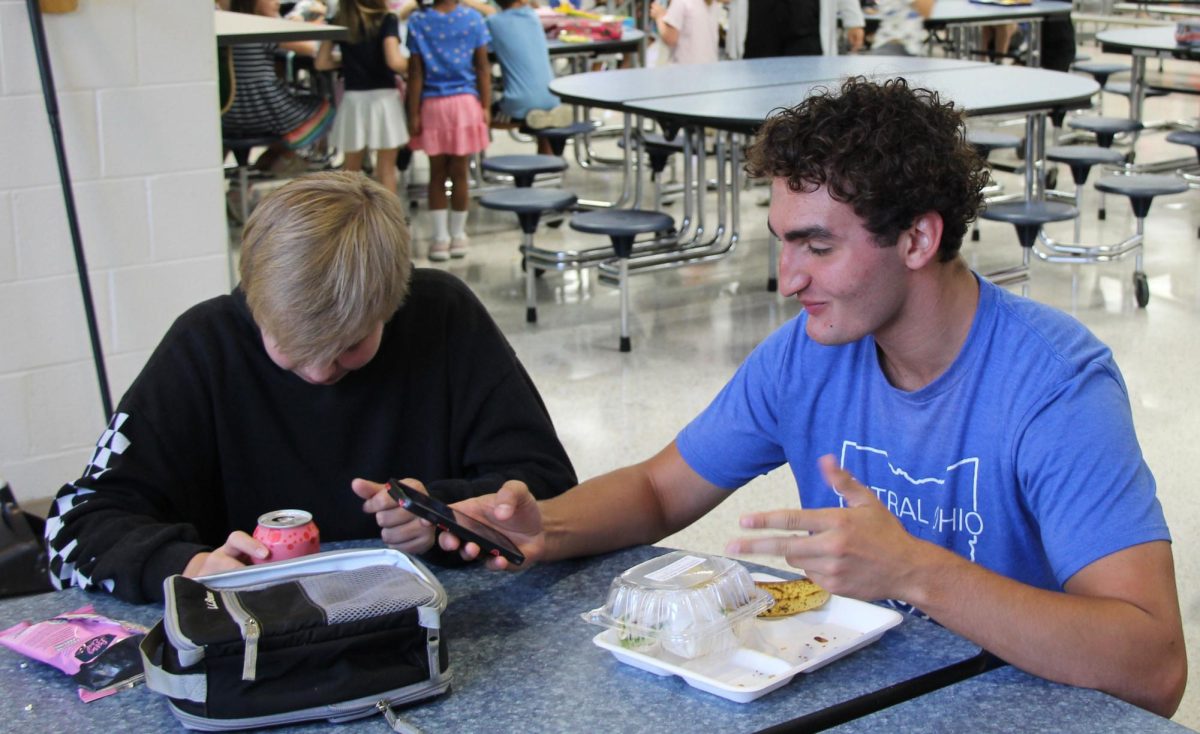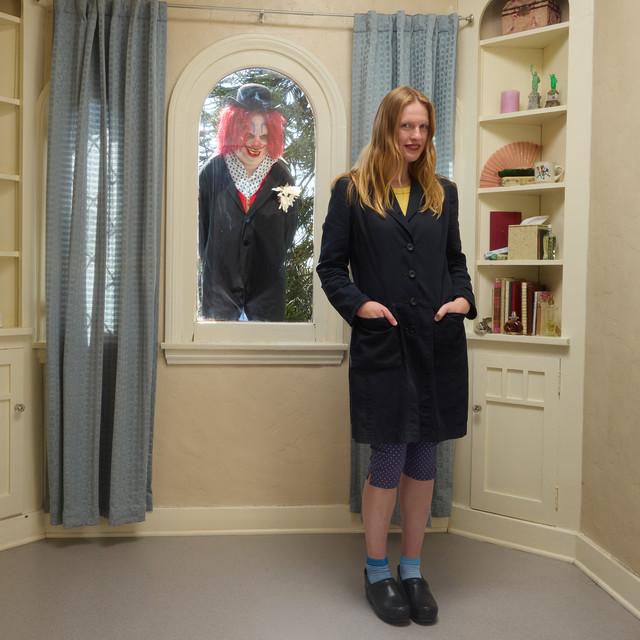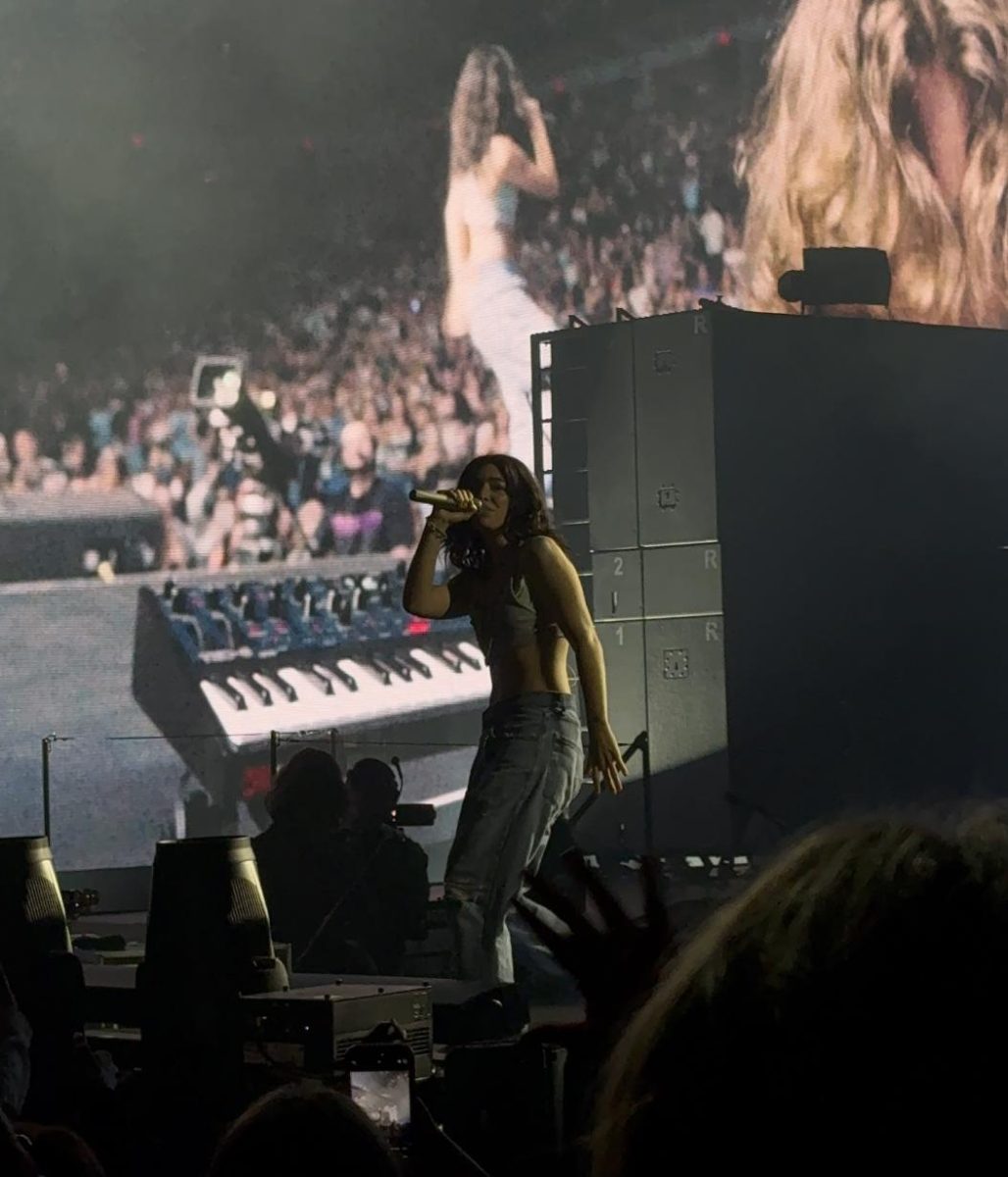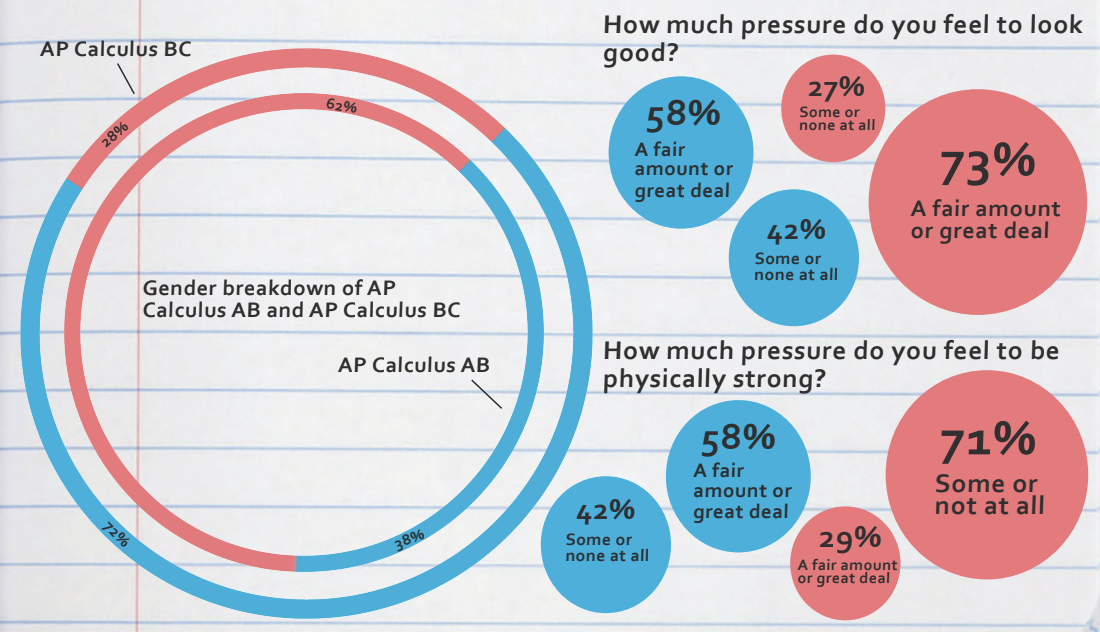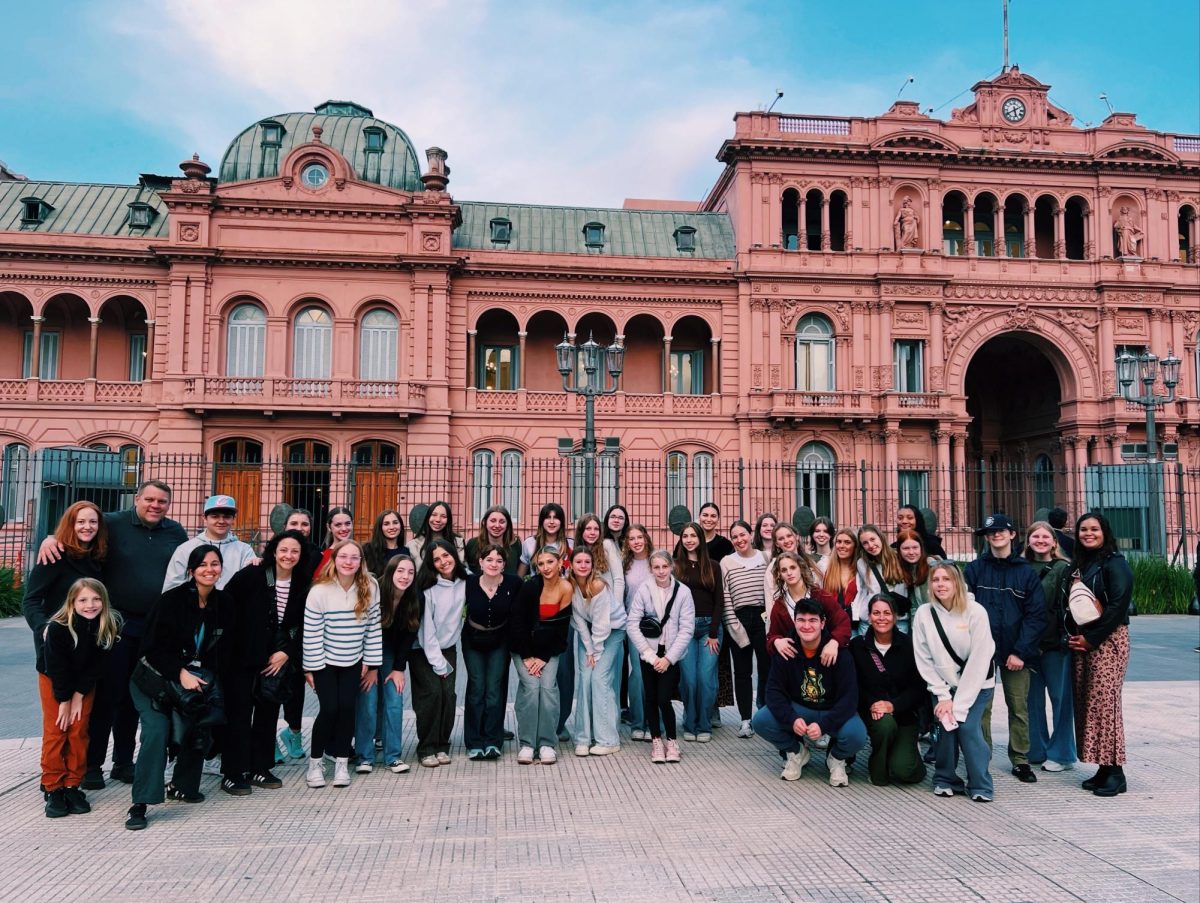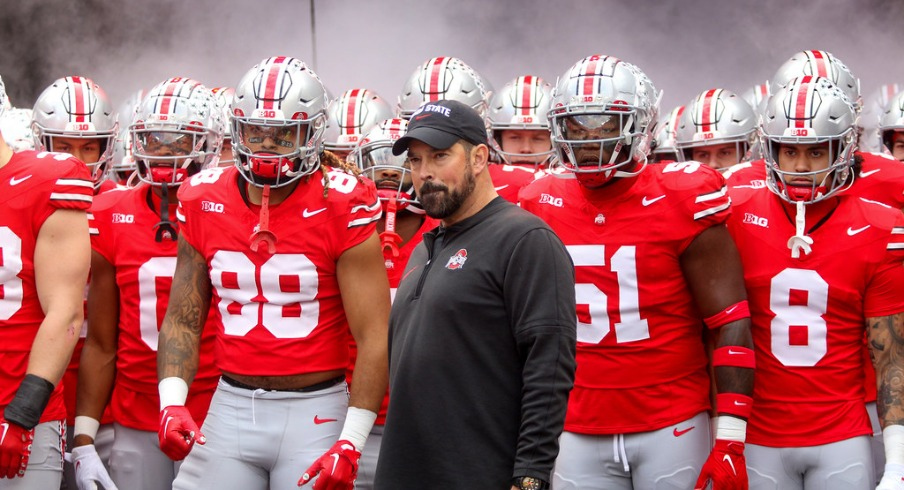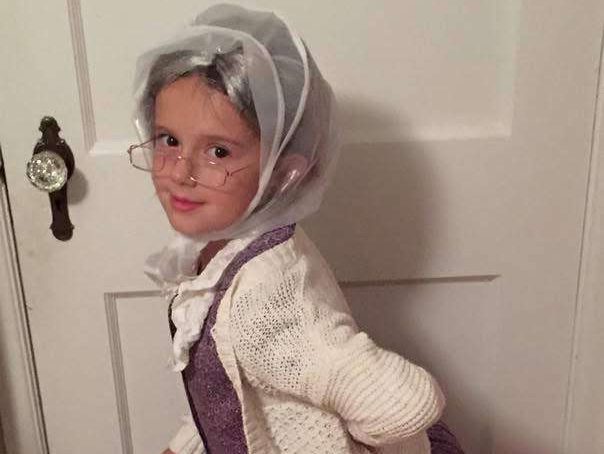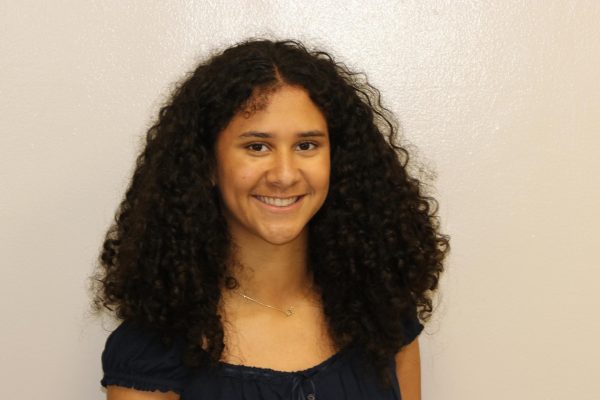When a teenager wakes up and immediately checks social media, they see numerous posts related to body image, diet trends and weight loss tips, not to mention perfectly edited photos. Social media usage has caused diet
culture and unhealthy trends to become increasingly popular among teens.
According to the National Eating Disorder Association, a study of American high school students found people who use social media for more than two hours a day are 1.6 times more vulnerable to body image issues than people who did not spend as much time on social media. The effects of spending a disproportionate amount of time on social media can be incredibly damaging, as it portrays an unrealistic body standard.
A plethora of trends surrounding body image have become popular, causing kids and teens to feel insecure. There is a trend on TikTok where people tie a headset around their waist to test how thin they are. This may cause someone to feel insecure about themselves if they are unable to do this.
Additionally, there are several trends on social media that give tips on how to “fix” naturally occurring features on the human body. Another TikTok trend called “Vuvuzela arms” is a term describing arms that start off skinny at the wrist but get wider as they go up toward the shoulder, which is a similar shape to a Vuvuzela: a plastic horn often seen at sporting events. Vuvuzela arms have been framed as an undesirable characteristic on social media, and there are videos to try to help get rid of them.
Many social media influencers promote lots of products for weight loss or debloating. According to CBS News, a recent trend included people getting an Ozempic prescription to lose weight despite it being meant for Type 2 diabetes. Many celebrities have admitted to using Ozempic to lose weight, while others have denied such accusations, creating unrealistic expectations.
Since the use of Ozempic has become more popular, a drink made from oats, cinnamon, lime juice and water called “Oatzempic” has gone viral. People are using this drink as a replacement for a meal, despite the fact registered dietitians have greatly discouraged it and say it promotes disordered eating.
Similarly, “what I eat in a day” videos are an increasingly popular trend promoting unhealthy and unrealistic “picture perfect” diets. For example, a video of celebrity Gwyneth Paltrow went viral on TikTok after she shared what she eats in a day on a podcast. Her diet consisted only of black coffee, bone broth and vegetables. Many people online brought up she was not consuming enough nutrients to support a healthy lifestyle, and these ideas are still incredibly harmful.
The pressure from TikTok and social media in general can cause people to participate in unhealthy drastic measures to achieve a desired body type. The trends further promote this and may get numerous likes, but the damage they can cause to a person’s overall well-being is immeasurable.
When on social media, it’s important for the consumer to be aware of what they are watching and how it may affect them.

